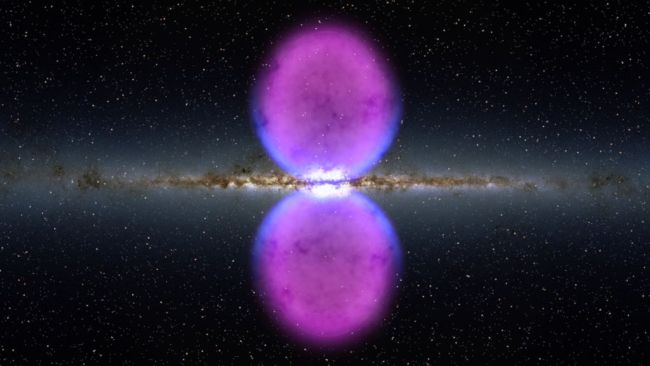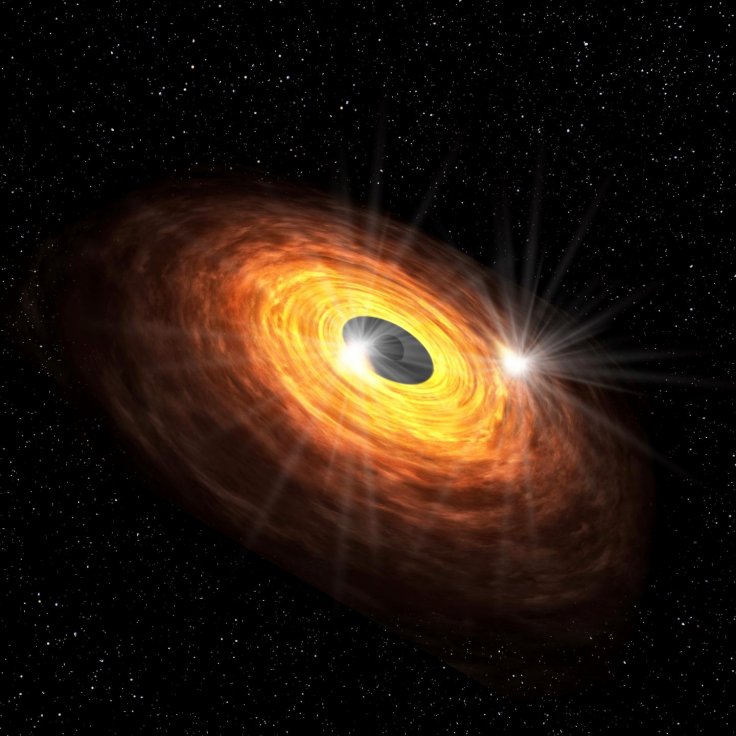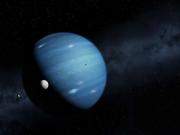A new study claimed that the supermassive black hole at the center of Milky Way was responsible for creating the invisible giant structures within the galaxy, such as the Fermi Bubbles. According to the researchers, a blast from the black hole created the cosmic structures millions of years ago.
For the study, the researchers focused on the invisible blobs and tendrils that make up the center of Earth's neighborhood. The findings of their study were presented in a new paper published in The Astrophysical Journal.

Milky Way's Invisible Cosmic Structures
As explained by the researchers, the central region of Milky Way is filled with invisible tendril-like structures and hourglass-shaped cosmic objects that are only visible when viewed in radio wavelengths. On top of these strange objects are two massive bubble-like structures that appear on either side of Milky Way's supermassive black hole, known as Sagittarius A*. Known as the Fermi Bubbles, each of these objects measures about 50,000 light-years across, which is around half the diameter of the galaxy.
The origin of these strange objects has remained a mystery. Recently, a new study presented a theory regarding the formation of the Fermi Bubbles and the other invisible structures in the galaxy. Through computer simulations, a team of researchers discovered that 6 million years ago, Sagittarius A* loosened jets of ionized matter, powerful shockwave blasts on both sides of the Supermassive black hole.

Creating The Fermi Bubbles
These shock waves compressed and heated the large clouds of gas on either side of the galaxy's center, creating hourglass-shaped structures. As the shockwaves continued to expand from Milky Way's center, they created massive spherical objects known as the Fermi Bubbles. The researchers believe the entire event lasted for about a million years. According to the researchers, the shock wave blast theory could explain the extremely high temperatures of the Fermi Bubbles.
"Our simulations further show that the forward shocks driven by spherical winds at the [galactic center] typically produce bubbles with much wider bases than observed and could not reproduce the biconical X-ray structure at low latitudes," the researchers wrote in the abstract of their study. "This suggests that starburst or [active galactic nucleus] winds are unlikely the origin of the bubbles in the shock scenario."









